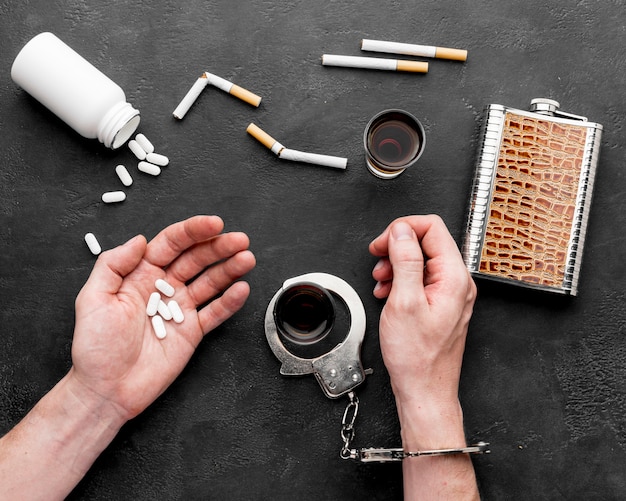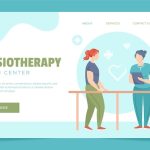
Misusing prescription drugs is when you take medicine meant for someone else or use your own medicine in a different way than directed. This can include anything from stimulants to painkillers. Abuse of these substances can lead to serious health problems, including overdose and even death. If you or someone close to you is struggling with this type of abuse, it’s important to get professional help immediately.
Here’s how to avoid getting addicted:
1) Steer Clear of Peer Pressure
Peer pressure can often lead to trying drugs and eventually getting hooked. If you start using drugs to fit in with a group, it can quickly escalate to an addiction. Hanging out with friends who push you into harmful activities is not a good idea. Real friends don’t pressure you into risky or harmful behavior. Find a group of friends who engage in healthier activities that are good for you.
2) Reflect on Your Situation
Think about what matters to you, how addiction has hurt you, and how your life would be better without drugs. A great way to do this is by keeping a daily journal. This can help you see patterns, identify triggers, and figure out what motivates you to quit.
3) Find Healthy Coping Mechanisms
Life’s tough. Everyone has their share of problems. When life gets hard, some people might turn to drugs, but there are better ways to cope. Remember, everyone has their struggles. Find ways to calm and relax yourself like listening to music, exercising, engaging in art, reading, watching a film, or spending quality time with someone. Having a ready list of these activities can help when you’re feeling down.
4) Follow Prescriptions Carefully
Certain prescription medications can be addictive. In some cases, prescription meds cause more deaths than illegal drugs. If you’re predisposed to addiction, be extra aware, especially with highly addictive medicines like opioids. Always follow your doctor’s instructions when taking any medication, including over-the-counter drugs. If you have trouble controlling your medication intake, consider having a trusted person administer them to you.
5) Talk to Your Doctor About Risks
Let your doctor know your medical history and any concerns you have about addiction. This helps them prescribe the safest medication for you. Remember, some drugs are more addictive than others, so always discuss potential risks with your doctor before starting a new medication.
In Conclusion
If you or a loved one struggles with addiction, remember it’s never too late to get help. The first step is reaching out. Post-recovery, these steps can help avoid relapses and sustain your health.


